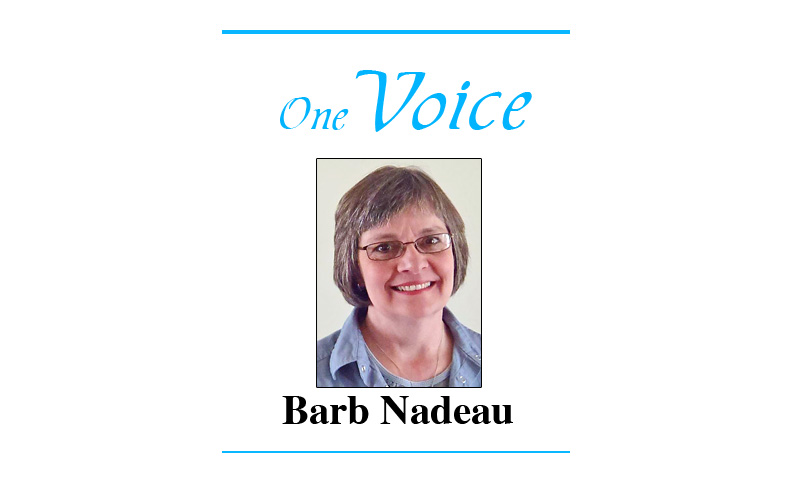
Be alert, support, and be an advocate for community non-profit agencies. The new minimum-wage law will create substantial challenges for those offering aid to families, the disabled, and the elderly.
Many do not realize the impact of the new minimum wage law will have on various non-profit agencies that help our communities. Non-profit agencies helping low-income seniors, at-risk youth, and even pet rescue, are looking closely at their bottom lines to determine staff positions and planning for the future under the new guidelines for minimum wage.
The minimum wage in Illinois is $8.25 per hour. Under the recently-passed law, wages will increase to $9.25 an hour January 1, 2020 and will continue to increase by $1 each January until minimum wage reaches $15 an hour in 2025.
Most non-profit agencies operate under fixed or declining revenue streams. These organizations will experience a substantial degree of stress as they hope for grant money and government funding that may or may not increase in the future. For a non-profit organization of approximately 100 individuals a wage increase to $15 an hour could add up to somewhere in the vicinity of one Million in expenses,. Worker’s comp and FICA will be affected. For those agencies that depend heavily on grants, or government-funding, the impact is huge. Allocations are not adjusted automatically, but come slowly over time.
Even if the non-profits are not a minimum wage employer, they may have exempt employees paid less than $37,000 a year. They will have to begin raising salaries to stay above the exempt employee rate, or convert salaried employees to hourly and start paying overtime.
As these agencies increase their budgets to pay their employees, the result could be increases in costs of transportation, meals for the elderly, or baby supplies, just to name a few.
Non-profits will have to work leaner and meaner than ever. Although some say a higher wage may result in more employee loyalty, some non-profit agencies may actually have to eliminate positions and find other ways to achieve financial balance. For highly mission-oriented over-achievers, which most non-profit employees are, that means a possibility of increased personal burnout. In addition, non-profit organizations may choose to change their program parameters, cut back services or service area, adjust or adopt for-pay services, or reduce the amount or quality of service they can deliver.
Some programs for the elderly, children in need, or the working poor may just cease to exist. In addition, temporary placement agencies may find it harder to place jobseekers, because there may be fewer positions available.
Meanwhile, the missions of these non-profit agencies undoubtedly will continue to grow, but with less ability to serve the needs of their population and with a sense of dissatisfaction over the inability to meet the need or to be successful in their mission.
Concerned citizens can benefit themselves and their communities by keeping a watchful eye on the success of local non-profit agencies and the causes they serve. We can and should be advocates on their behalf and petition to local government for support in these trying financial times.
Barb Nadeau is the community relations manager for the Voluntary Action Center of DeKalb County. Barb has worked in television, radio, and print media, as well as in volunteer coordination and networking amongst non-profit social service agencies. She is a freelance writer and television host. Contact Barb at bvnadeau@gmail.com.

